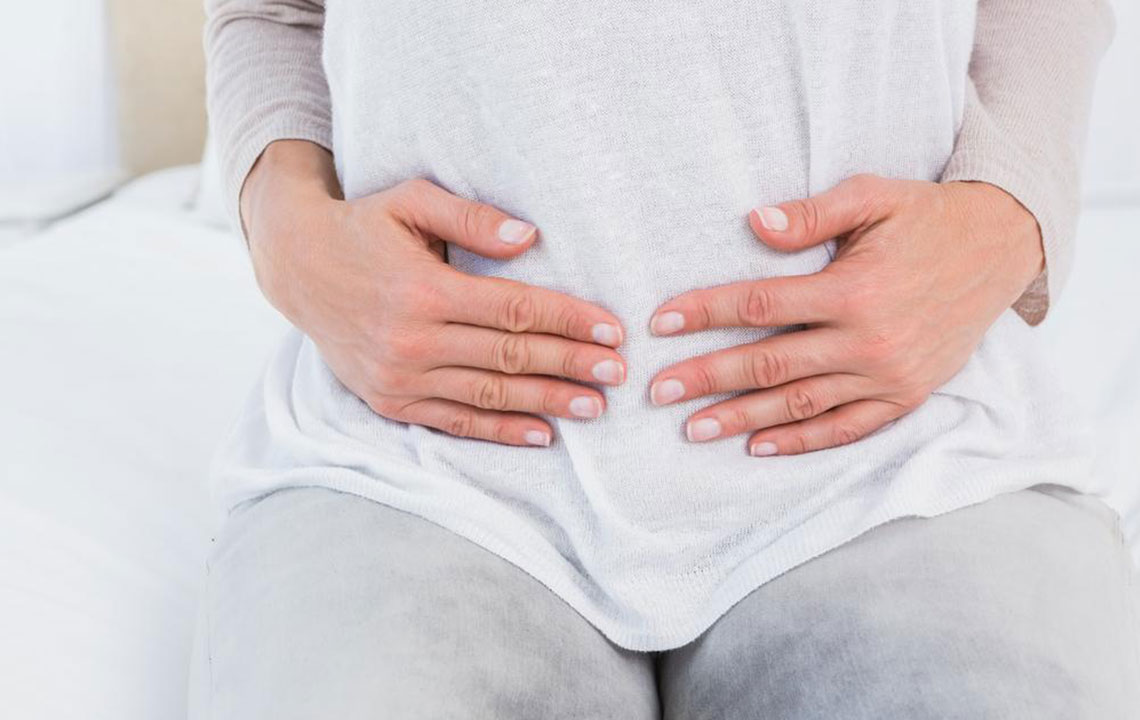Here’s What You Need to Know about Crohn’s Disease
Crohn’s disease, a type of inflammatory bowel disease (IBD), affects the gastrointestinal tract. The inflammation causes abdominal cramps (pain), fever, weight-loss, and diarrhea.
In the case of a severe inflammation, the stool is accompanied by blood and the infection spreads deep into the layers of the bowel tissue.
Besides the inner infection, other complications such as anemia, skin rashes, lethargy, eye inflammation, and arthritis may occur. The ailment debilitates you and can lead to grave complications if left untreated.
The colon, a part of the large intestine and the last part of the small intestine are the areas that are more prone to developing this disease.

Crohn’s symptoms and signs
Depending on the affected area of the bowel and the severity of the infection, you may develop symptoms that can prolong over weeks and years.
In its active state, Crohn’s symptoms and signs include:
- Diarrhea : Diarrhea is one of the first tell-tale signs. If you have inflammation in the small intestine, you experience a more, watery form of diarrhea. If the infection is rooted in the colon, then diarrhea carries blood with it. When the condition flares up, diarrhea can be severely afflicting. However, when the inflammation goes down, the condition gets better.
- Rectal bleeding :
With the progression of the disease, Crohn’s symptoms and signs may become more severe causing inflammation of the joints, skin, and eyes, swelling of the liver or bile ducts, and even delayed sexual development (in children).
Most of these symptoms seem to be generic and can be mistaken for another disease. However, if you have a continuing change in your bowel habits or you have frequent diarrhea that is not responding to over-the-counter medicines, you must see your doctor.
Causes
Although the actual cause of Crohn’s disease is unknown, yet heredity and immune system disorder are considered to be the factors that influence its development.
The immune system becomes active when a virus or bacteria invades the body. While fighting off the germs, an abnormal malfunction may cause the immune system to attack cells in the digestive tract and trigger this disease. Also, it is more common to occur if the disease runs in your family.
Treatment
Research is still ongoing into finding a cure for Crohn’s disease. No single line of treatment is available yet. But, a combination of treatment options such as medication, nutrition therapy, and surgery, is employed by doctors to reduce the inflammation. This improves long-term prognosis by limiting the possible complications.
Get regular health checkups done and make sure to consult your healthcare provider in case any sign or symptom of Crohn’s appears. A healthy lifestyle with a balanced diet and proper fluid intake will keep your body fit to fight any infection. Prevention is always better than cure.

